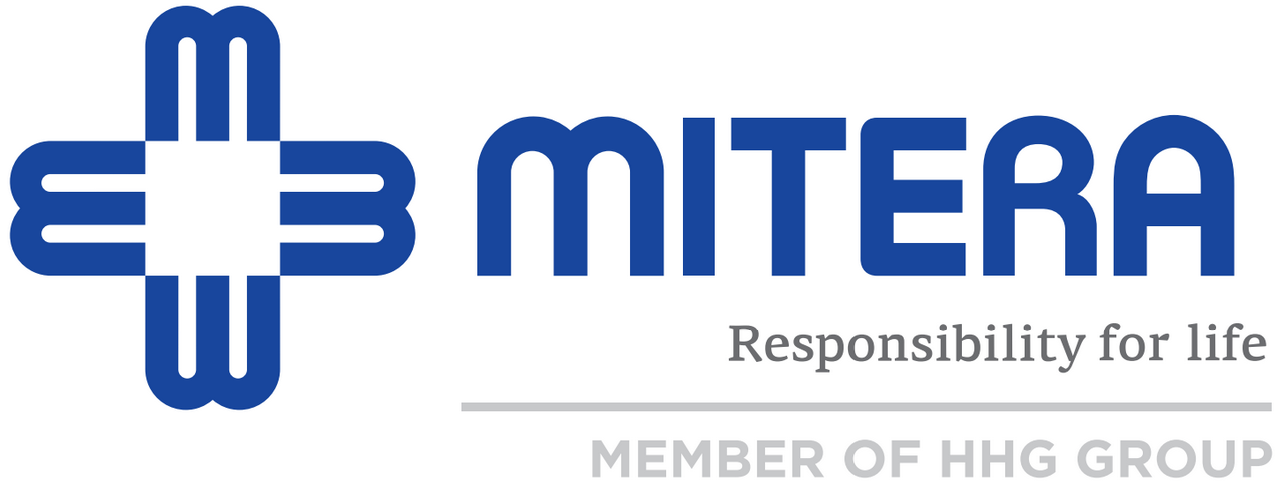Adolescent Medicine
In our country, organized structures for adolescents care are limited, though, during the last few years, an increased activity is present for the healthcare of this age that is exposed to various and peculiar dangers.
Written by
Maria Karantza – Haroni, MD, FAAP
Paediatrician – Endocrinologist, Scientific Partner of Adolescent Medicine Department of MITERA Children’s Hospital
The Adolescent Medicine Department of MITERA Children’s Hospital is the first organized body in a private pediatrics clinic and its goal is to cover an important need in healthcare services provision in adolescence – an age group that represents 11% of the Greek population.
Adolescence is divided in three subgroups with distinct biological, physical, but also, psychosocial characteristics as follows:
8-11 years of age
The child is at the stage of early adolescence. At this stage, separation from parents and influence from people of the same age start to occur. The child pursues common activities with same sex persons and compares changes in his body with those apparent in other persons of the same sex. His way of thinking is early, typical and with poor orientation towards the future. This age range is characterized by narcissism and egocentricity, as well as, by inability to postpone pleasure.
12-16 years of age
The adolescent is at the stage of middle adolescence. At this stage, conflicts with the parents reach their peak while the adolescent seeks to gain control of the boundaries imposed on him. He is majorly influenced by persons of the same age and begins to seek activities with persons of the opposite sex. At this age range, high-risk behaviors are developed (smoking, drugs, careless driving, etc.) and sexual activity begins as the adolescent starts focusing on his personal / sexual identity. Typical thinking is now also formally operational and has an increased focus on the future.
16-20 years of age
The adolescent is at the stage of late adolescence and develops close friendships, while, at the same time, interpersonal matters are of high importance in his life. At this age range, the adolescent seeks to come closer again to his parents and makes decisions regarding his professional life. The adolescent focuses on his position in society and acquires a well-developed formally operational way of thinking, approaching future through the setting of realistic goals.
The field of health issues related to adolescence is quite wide and is concerned both with prevention and treatment of biological and psychosocial problems. The Adolescent Medicine Department provides the following services:
Adolescent Medicine – Health treatment: General monitoring, vaccination, contraception, sex education, diagnosis and treatment of sexually transmitted diseases (STDs), safe behavior and accidents prevention, use consequences and addiction to drugs and other substances, Internet use and safety, nutrition, chronic diseases.
Obesity – Food intake disorders – Anorexia nervosa, Bulimia
Endocrinology unit
Gynecological unit
Counseling – Children’s Psychiatry
Dermatology unit
Parents – Family counseling (parents education for the management of various behaviors and needs in adolescence, as well as, for the identification of worrying behaviors and crisis management).
Please have in mind: At this age stage, too many stimuli are present: Internet, friends, television, newspapers, magazines, PCs, movies, theater, comics. Do not forbid to your child the things that you know he will do without your knowledge, guide your child regarding the right use of information and, above all, listen to what your child has to say. Gain his trust and respect by being honest and available.
Adolescent Medicine is a field concerned with a person’s development stages from childhood to coming of age.


